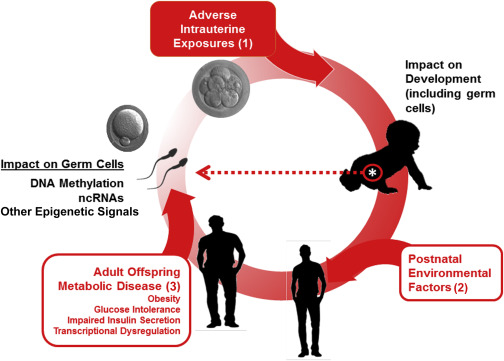A popular medicine used in chemotherapy may increase illness risk in future generations. The associated research article was printed in iScience.
Chemotherapy refers to medications that treat cancer. Many distinct chemotherapy medication options are available. In the present study, researchers evaluated the effects of ifosfamide, an alkylating chemical that inhibits cells from reproducing by destroying their DNA. Testicular cancer, bladder cancer, small cell lung cancer, cervical cancer, and ovarian cancer are only few of the cancers that this medication is used to treat.
Researchers gave ifosfamide to young male rats for three days to simulate a course of chemotherapy given to a human cancer patient in their teenage years. They then mated these rats with female rats who had not been exposed to the medication. Their progeny were then mated with additional unexposed rats.
Multiple health issues, such as delayed or early pubertal development, renal illness, and testis disease, were shown to be more common in the offspring and ‘grand-offspring’ of treated mice, according to the study authors. Both male and female ‘grand-offspring’ were found to have lower anxiety levels, suggesting a diminished capacity for risk assessment.
The epigenomes of the rats were then studied by the scientists. Although epigenetic modifications do not directly affect DNA sequences, they do affect how genes are expressed in the body. Cancer treatment was discovered to cause epigenetic alterations that persisted for two generations.
The researchers are currently monitoring former teenage cancer patients to understand more about the impact of chemotherapy exposure on fertility and illness vulnerability later in life. Understanding how chemotherapy affects epigenomes might allow doctors to better communicate with patients about illness risk and pave the path for additional preventative measures.
Cancer patients shouldn’t be discouraged from undergoing chemotherapy because of the study’s results, the authors said, since the therapies are still very effective. They also underlined that their work was based on a mouse model and that it needs to be established how chemotherapy impacts epigenetics throughout human generations. However, they did mention that patients may want to think about egg cell and sperm cell cryopreservation before beginning chemotherapy.
References: iScience, Science Daily, and Interesting Engineering
